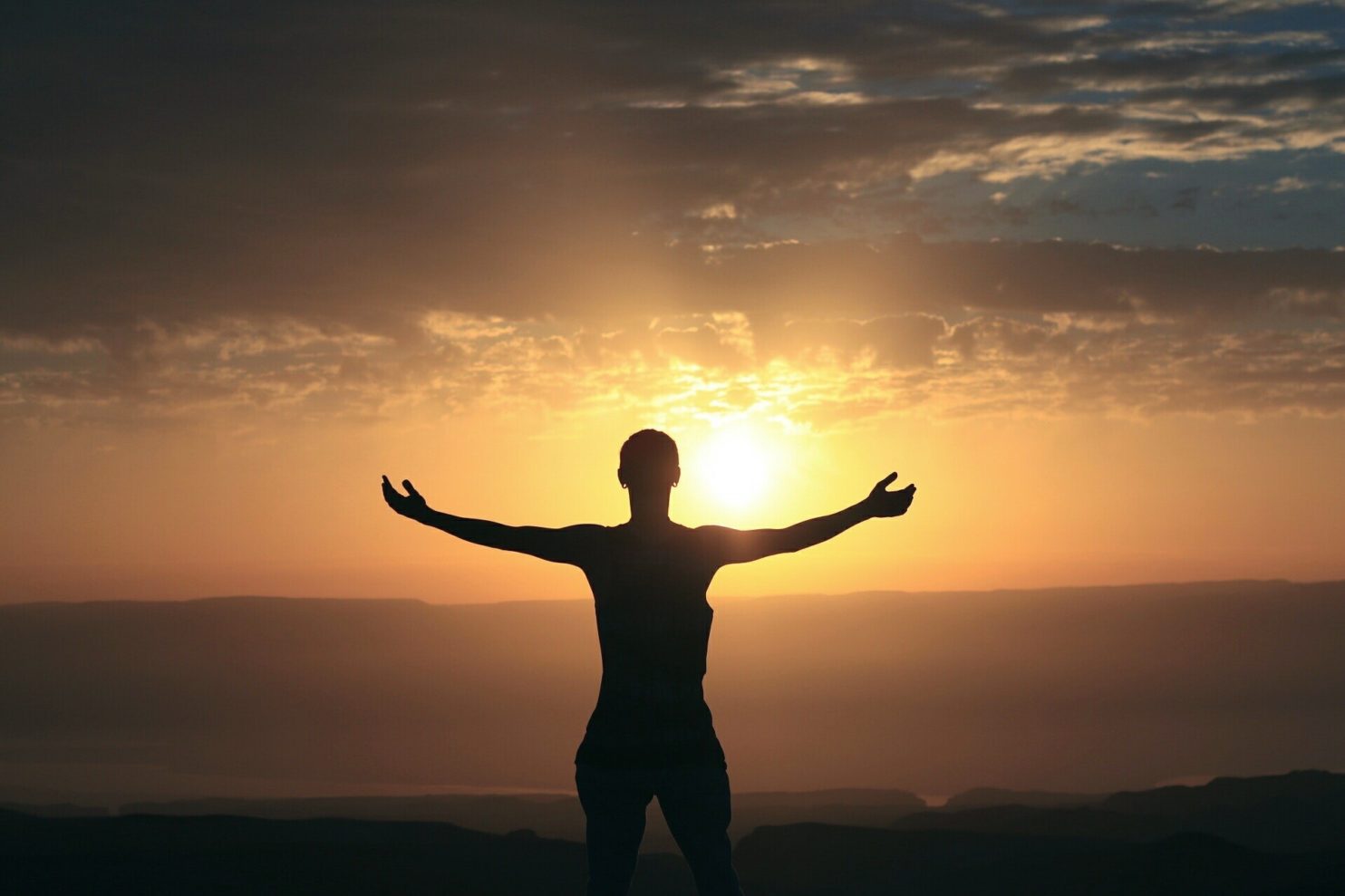It’s human nature to resist change, especially when that change presents a challenge we’d rather avoid. But, change is unavoidable – so, instead of fighting it, we can use it to make us stronger.
That’s where resilience comes in. Resilience has many meanings. It can be defined as toughness: ‘the capacity to recover quickly from difficulties’. It can also mean elasticity: ‘the ability to spring back into shape’.
When it comes to health, having resilience – being able to adapt and bounce back after something hard happens – can mean the difference between achievingyour goals or failing at them.
So, how can you strengthen your resilience?
Unfortunately, we’re not born with it. Instead, resilience forms as a result of our experiences. We never truly know how resilient we are until something doesn’t go to plan. But, while you may not be aware of your resilience every day, it’s your everyday choices that determine its strength.
Developing resilience has a lot to do with the mind-body axis. A vigorous body can help restore your mindwhen things go wrong, and – vice versa – a strong mind can help provide the tenacity you need to create a resilient body. Likewise, if your body or mind is unhealthy, you’re less likely to build up the resilience to rebound from the challenges life may through at you.
–– ‘The mind, when housed inside a healthful body, possesses a glorious sense of power.’ Joseph Pilates
Resilience often goes hand-in-hand with exercise, because of the challenges physical activity puts both your body and mind through. Having physical resilience can help you recover more quickly from injury andhaving mental resilience can help push you through a tough workout and, ultimately, achieve your goals.
Pilates, in particular, is amazing for this. It covers all aspects of resilience – physical, mental and spiritual – and creates an environment for them to work together. You’re not going to reap the true rewards of Pilates after one session. You need resilience to keep practicing, pushing yourself and developing discipline to succeed.
Working on your resilience can help you take back control of your life. Most importantly, it’s about self-belief – a sense of freedom that allows you to charge into a storm, head on, and know that you possess the tools to emerge triumphant on the other side.

